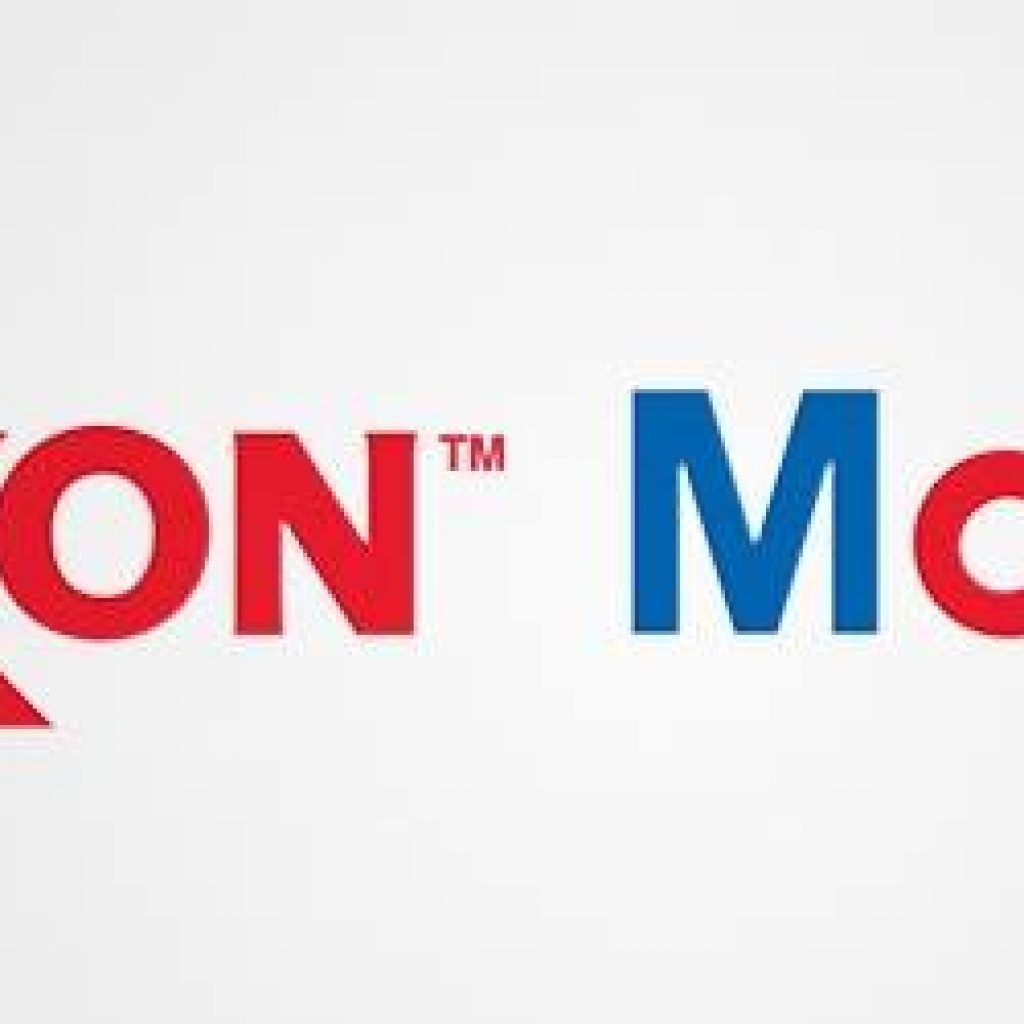(ZDNet) ExxonMobil and IBM have been working together to find quantum solutions to managing the tens of thousands of merchant ships crossing the oceans to deliver trade goods. About 90% of world trade relies on maritime shipping, with more than 50,000 ships, themselves carrying up to 200,000 containers each, moving around every day to transport goods with a total value of $14 trillion.
ExxonMobil was the first energy company to join IBM’s Quantum Network in 2019, and has expressed a keen interest in using the technology to explore various applications, ranging from the simulation of new materials to solving optimization problems.
The scientists have now released information about the progress that they have made so far and presented the different strategies that they have been using to model maritime routing on existing quantum devices, with the ultimate goal of optimizing the management of fleets.
BM and ExxonMobil’s teams started with widely-used mathematical representations of the problem, which account for factors such as the routes traveled, the potential movements between port locations and the order in which each location is visited on a particular route.
The next question was to find out whether well-known models like QUBO can be solved with quantum algorithms – and if so, which solvers work better. Using IBM’s Qiskit optimization module, which was released last year to assist developers in building quantum optimization algorithms.
After running the algorithms on a simulated quantum device, the researchers found that models like QUBO could effectively be solved by quantum algorithms, and that depending on the size of the problem, some solvers showed better results than others.
The results suggest that quantum algorithms could provide real-world value. “As a result of our joint research, ExxonMobil now has a greater understanding of the modelling possibilities, quantum solvers available, and potential alternatives for routing problems in any industry,” said the researchers.
IBM and ExxonMobil Are Building Quantum Algorithms That Could Manage the Global Fleet of Merchant Ships
